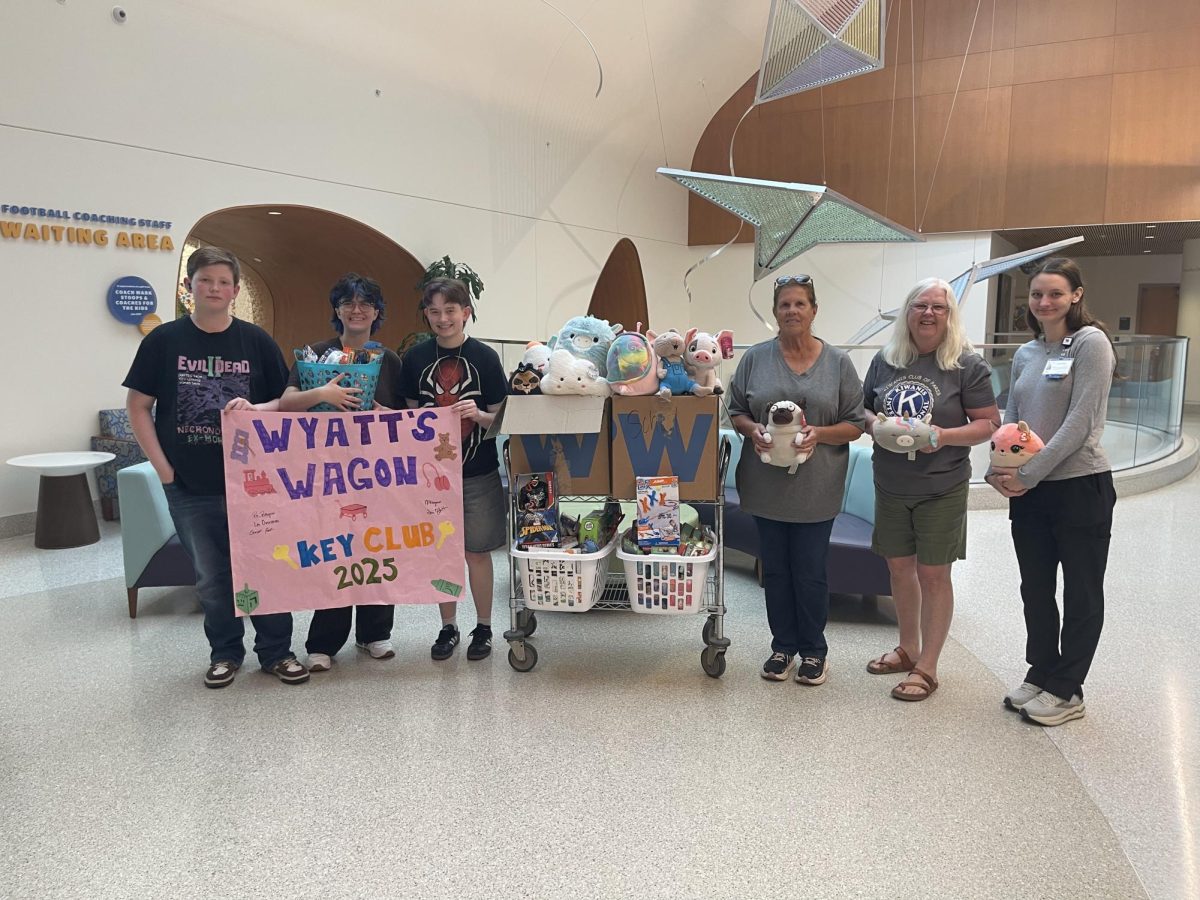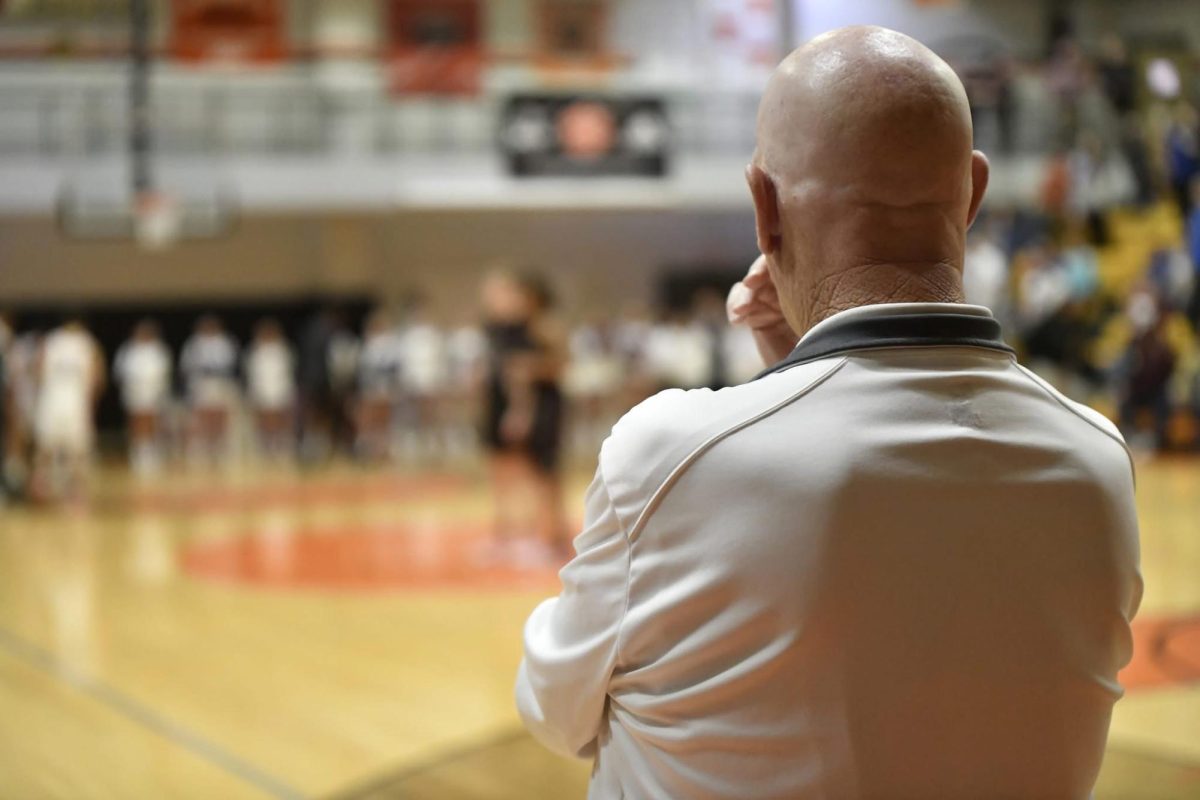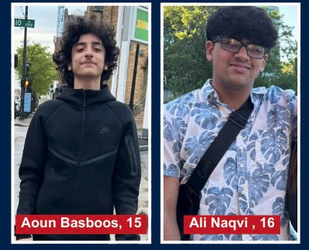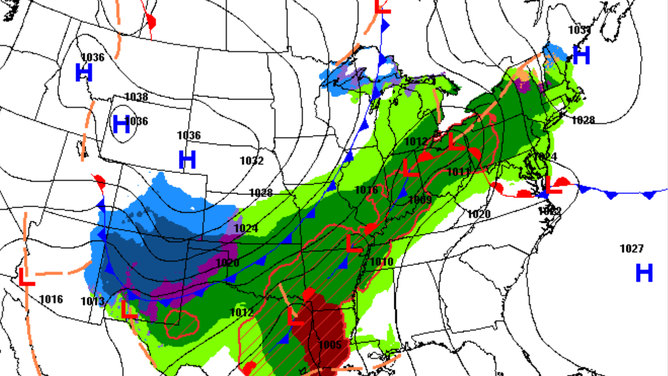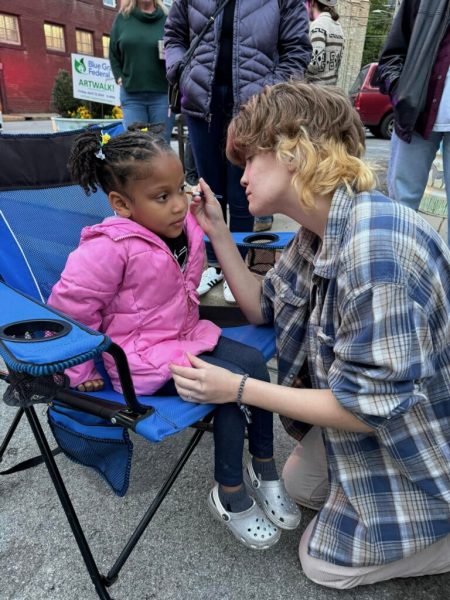In August 2024, two river otters were taken by the Kentucky Department of Fish and Wildlife from a rehabilitation center in Fayette County. The facility, run by the Kentucky Wildlife Center, was accused of caring for protected animals without the proper permits. Along with the otters, other animals were seized and moved to state care to ensure their safety. However, just a few months later, the otters sadly died. Their deaths have led to questions about wildlife rescue, animal care, and the challenges of enforcing regulations. The otters were part of a group of nine animals taken from the unlicensed facility. Wildlife centers need specific permits to handle protected animals, which help ensure the animals are cared for properly. The seizure was intended to prevent harm that might come from unpermitted operations. Karen Bailey, the president of the center, faced legal trouble for operating without the necessary paperwork.
Even though the state took steps to protect the animals, the otters’ deaths have raised concerns about how the transition was handled. Moving animals from one place to another can be stressful for them, especially if they are already in poor health. Experts still don’t know exactly why the otters died, as they are waiting for necropsy results. This has made some people wonder if more could have been done to keep them safe during the move. Wildlife rehabilitation centers have a tough job. They help injured or orphaned animals recover and, if possible, return to the wild. But running a center like this requires a lot of resources, experience, and following strict rules. If a center doesn’t have the right permits or runs into legal problems, it can be hard on the animals they’re trying to help.
Some people think that taking the otters from the Kentucky Wildlife Center might not have been the best decision for the animals. While the seizure followed the law, the process of moving the otters may have caused them stress, which could have hurt their health. Supporters of the center believed that they were doing their best for the otters, even without the proper permits.
On the other hand, people who support stricter wildlife laws say that permits are important for protecting animals. These permits make sure that only qualified places are allowed to care for protected animals. Without these rules, animals could be at risk of poor care. Even though the otters’ deaths are tragic, supporters of the laws argue that enforcement is necessary to protect all wildlife. This situation shows how hard it can be to balance enforcing wildlife laws with taking care of animals. The rules are meant to help animals, but the way they’re enforced can sometimes create problems. It also shows the need for better support for wildlife centers, like more funding, training, and easier ways to get permits.
The deaths of these otters remind us how difficult it is to care for wild animals. They also show why wildlife officials and rehabilitation centers need to work together. By collaborating, they can make sure animals are cared for properly and stay within the law. Hopefully, this tragedy will lead to improvements in both regulations and resources for wildlife care, so similar incidents can be avoided in the future.


